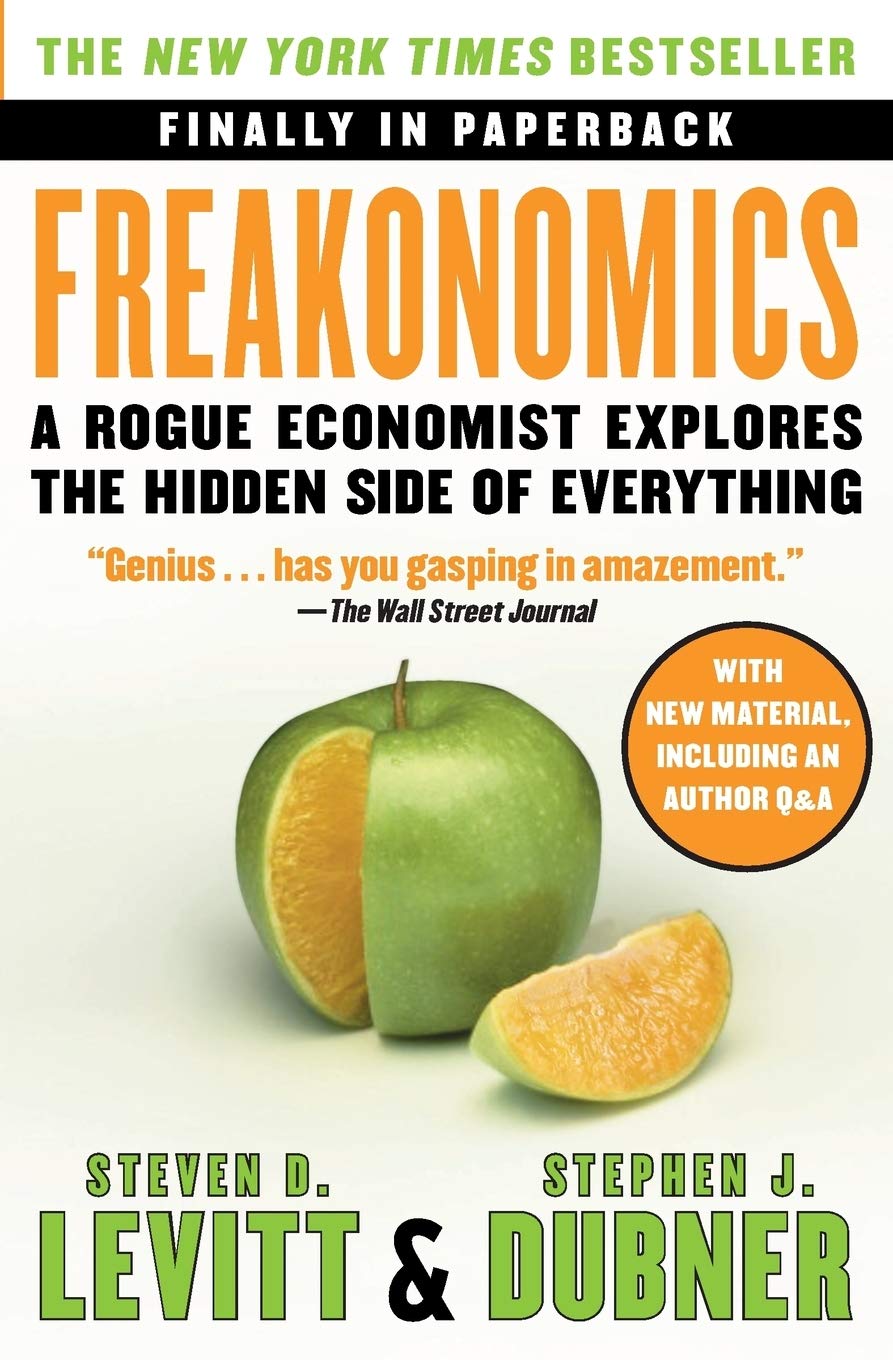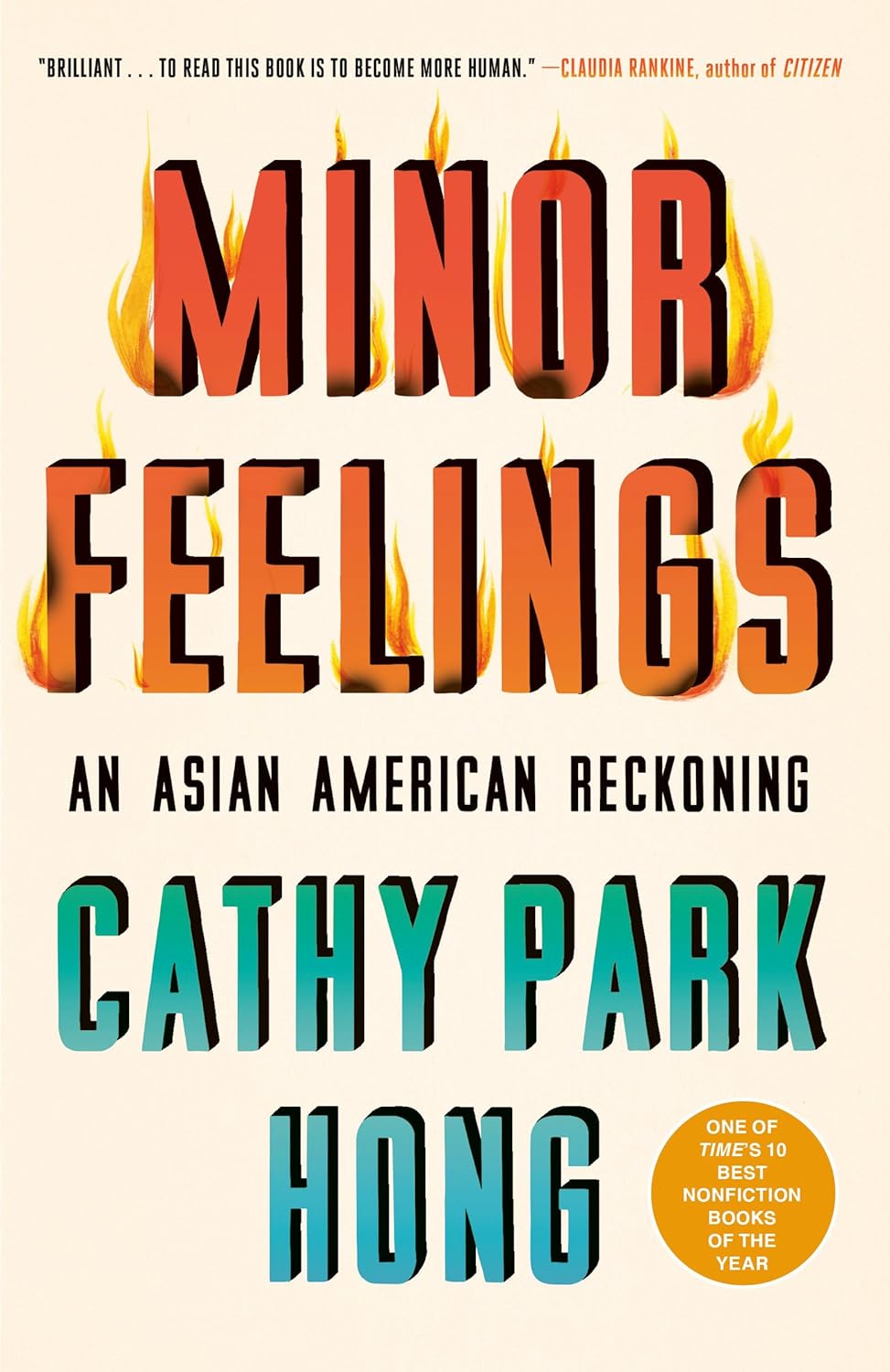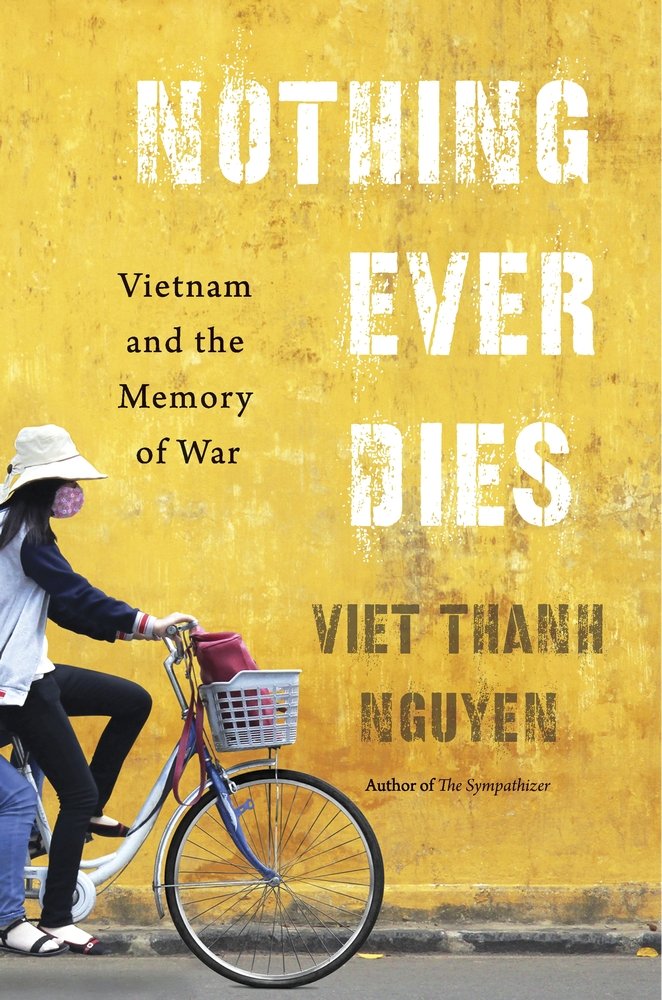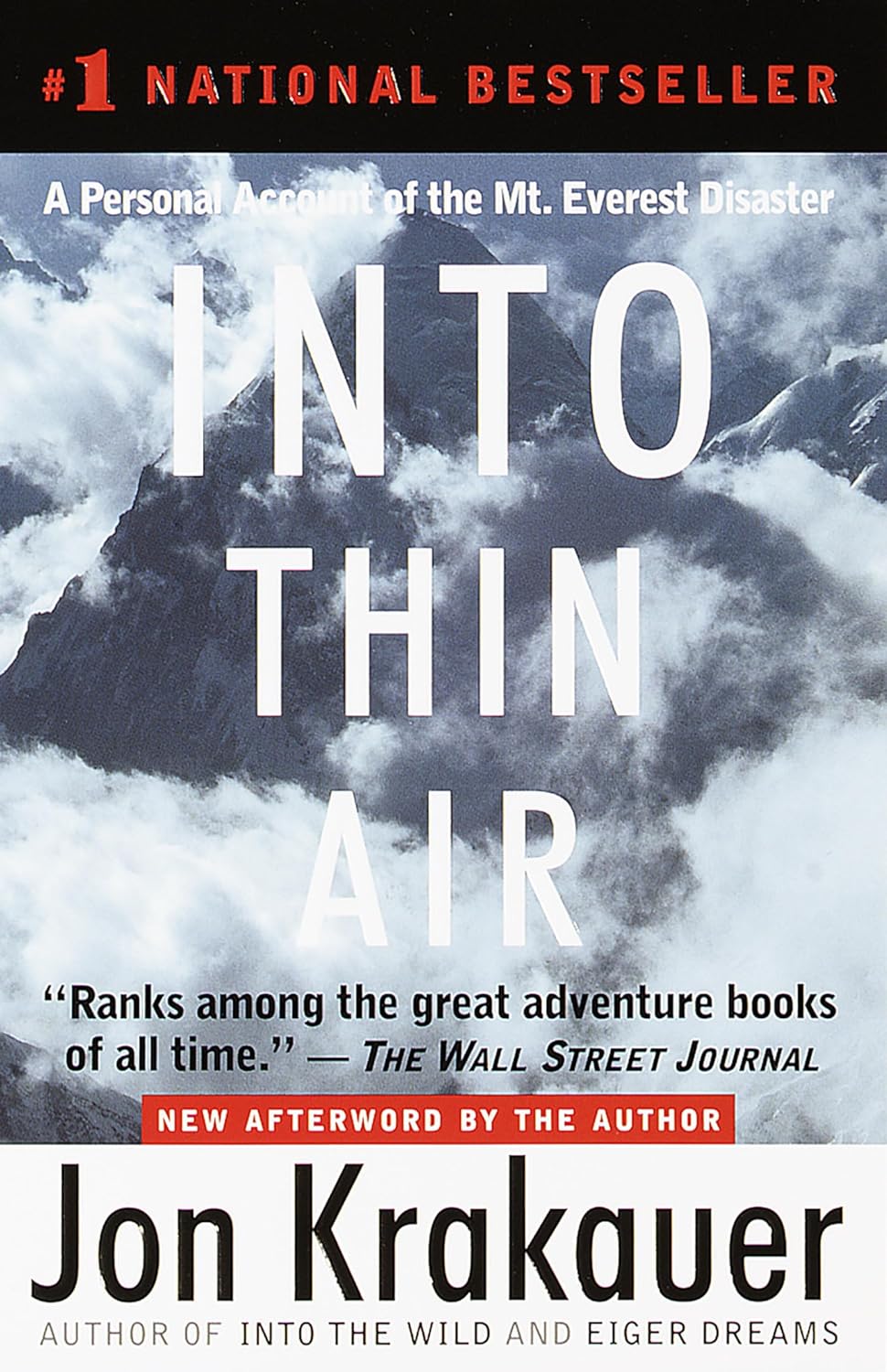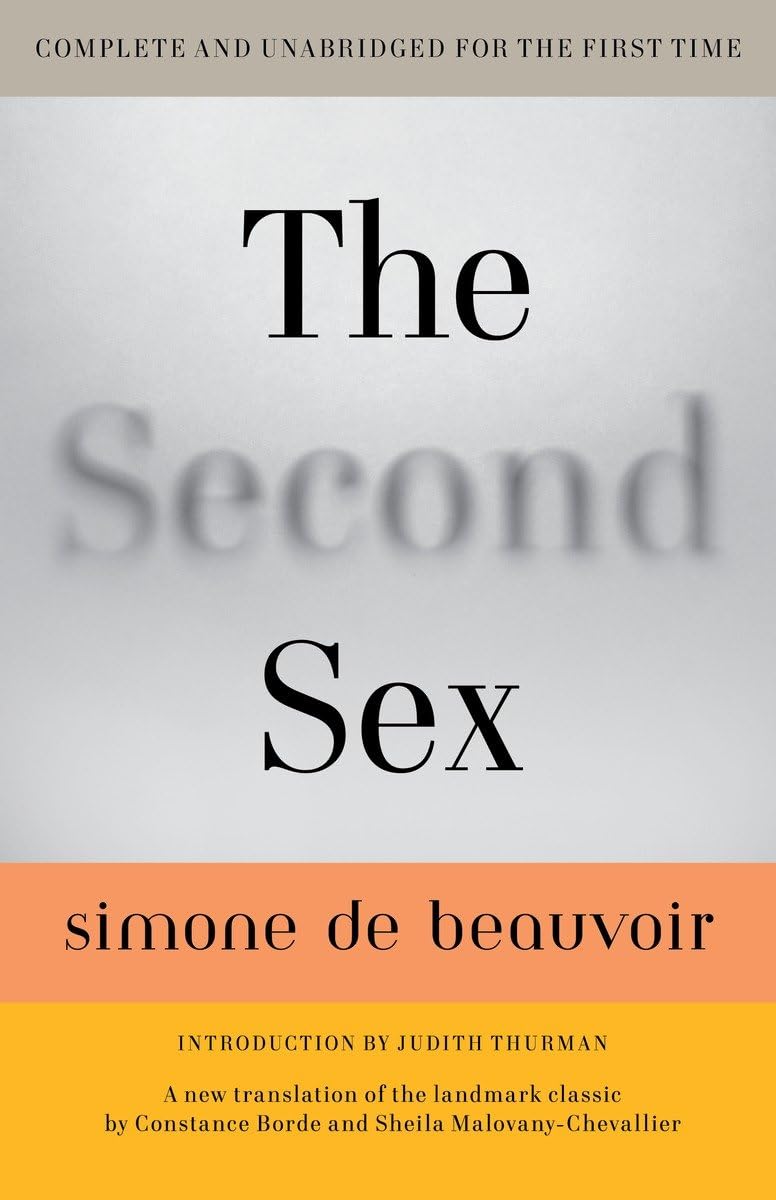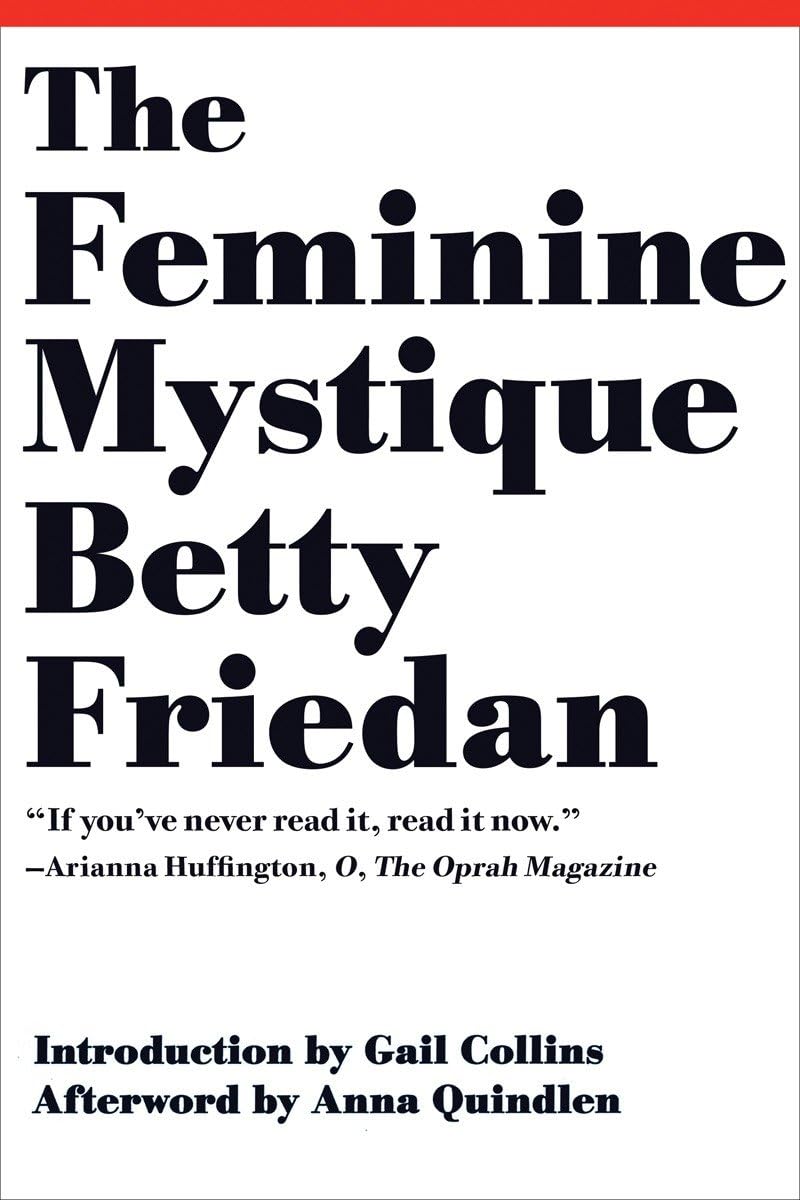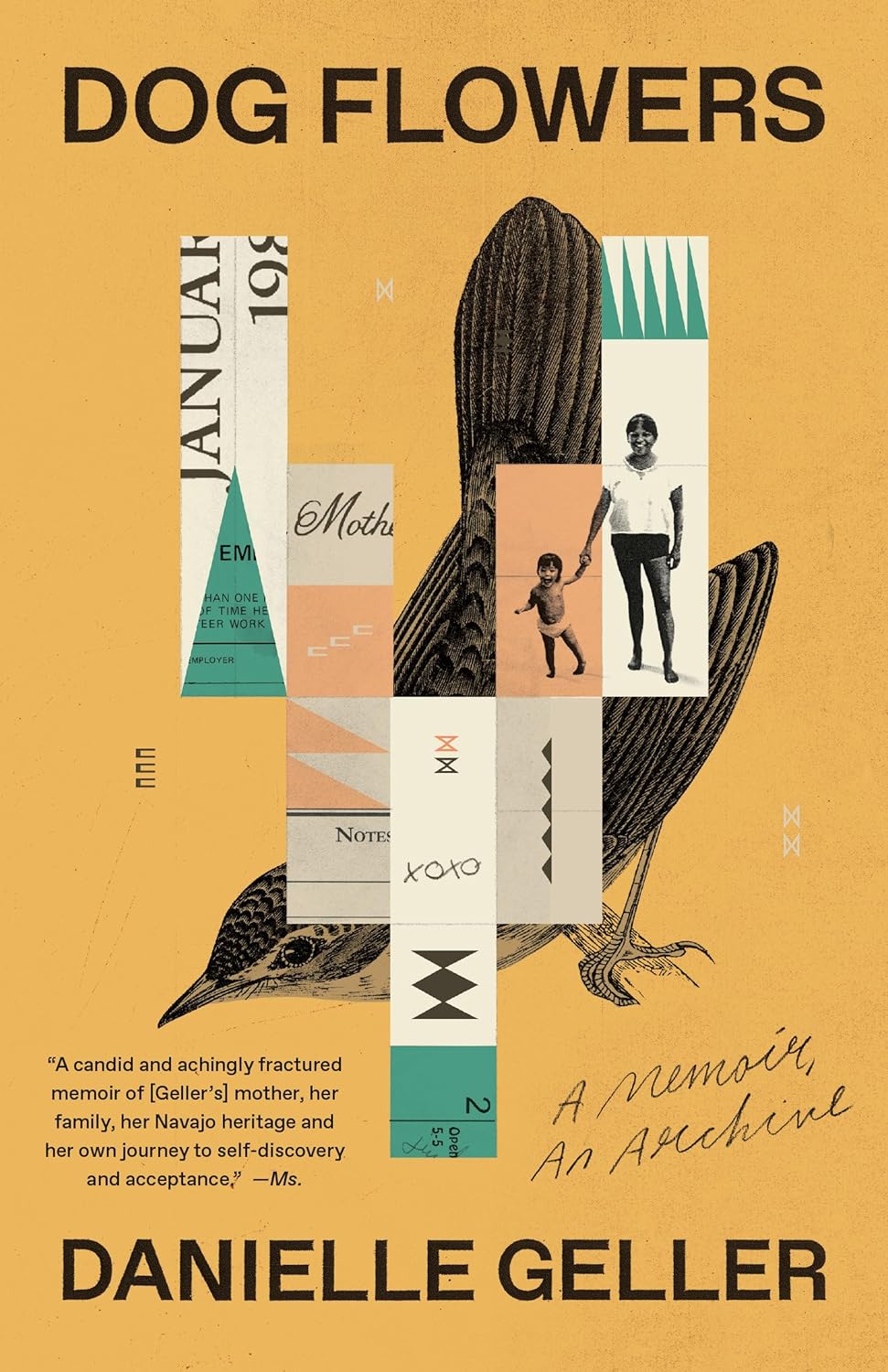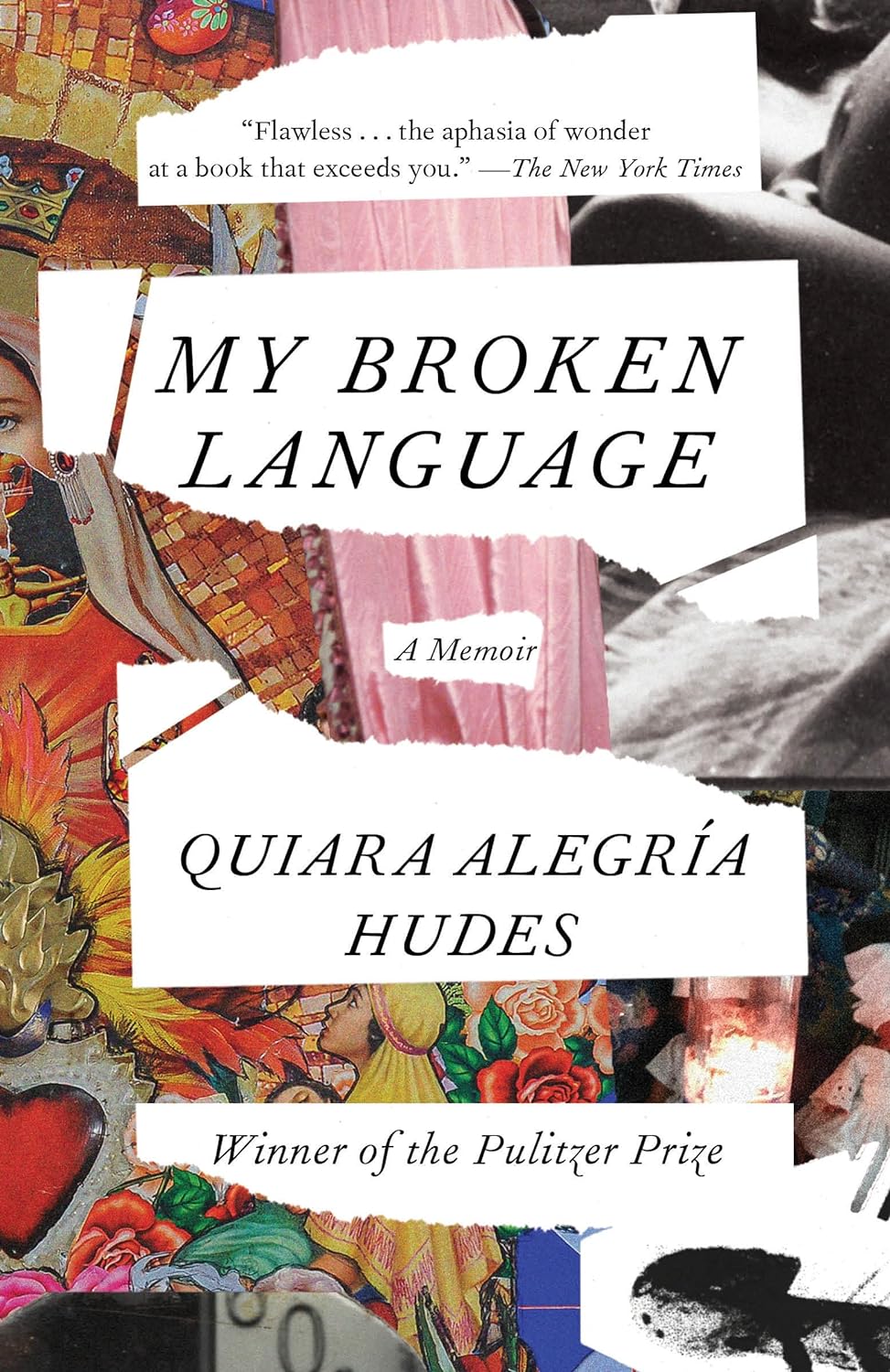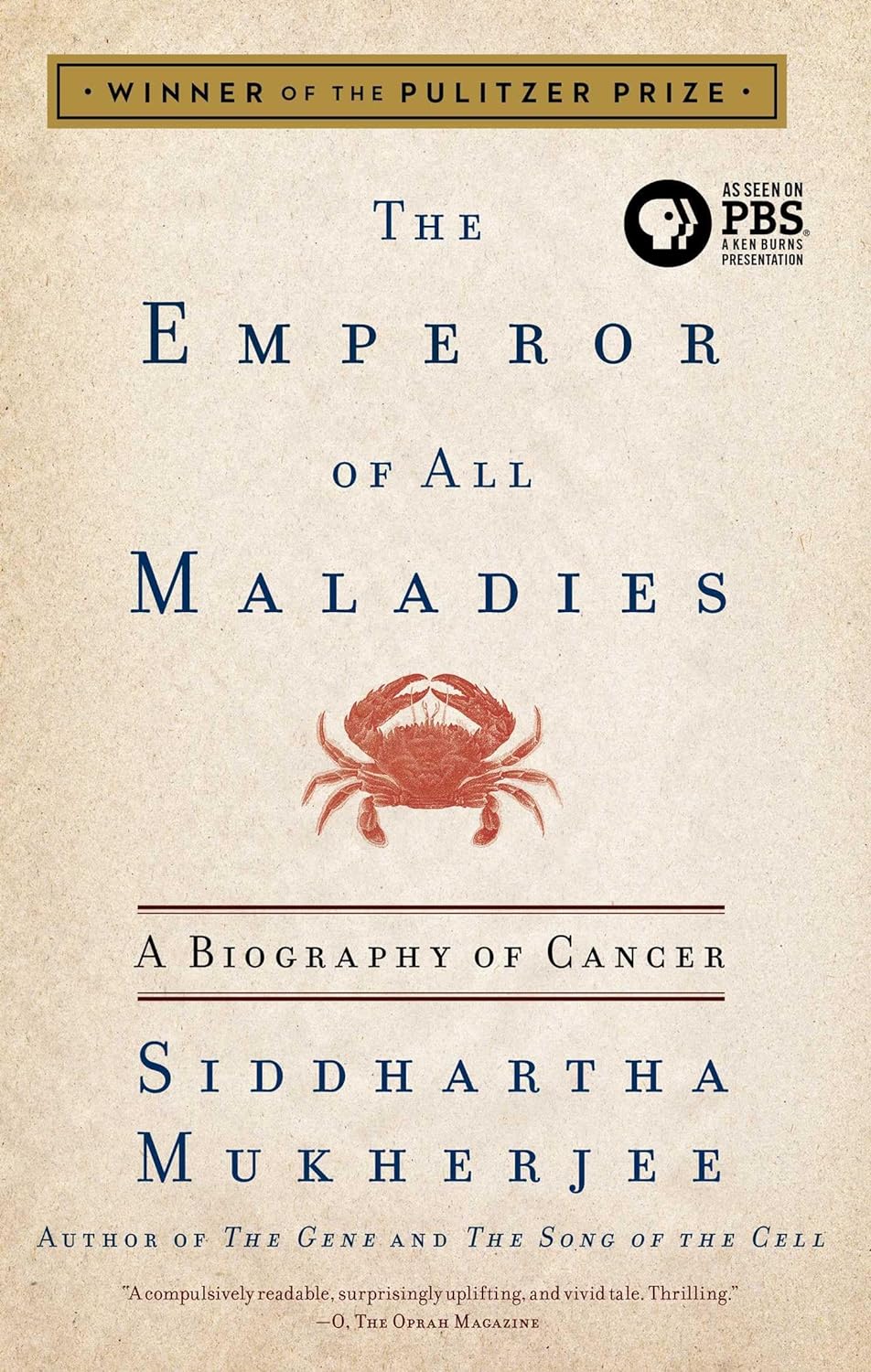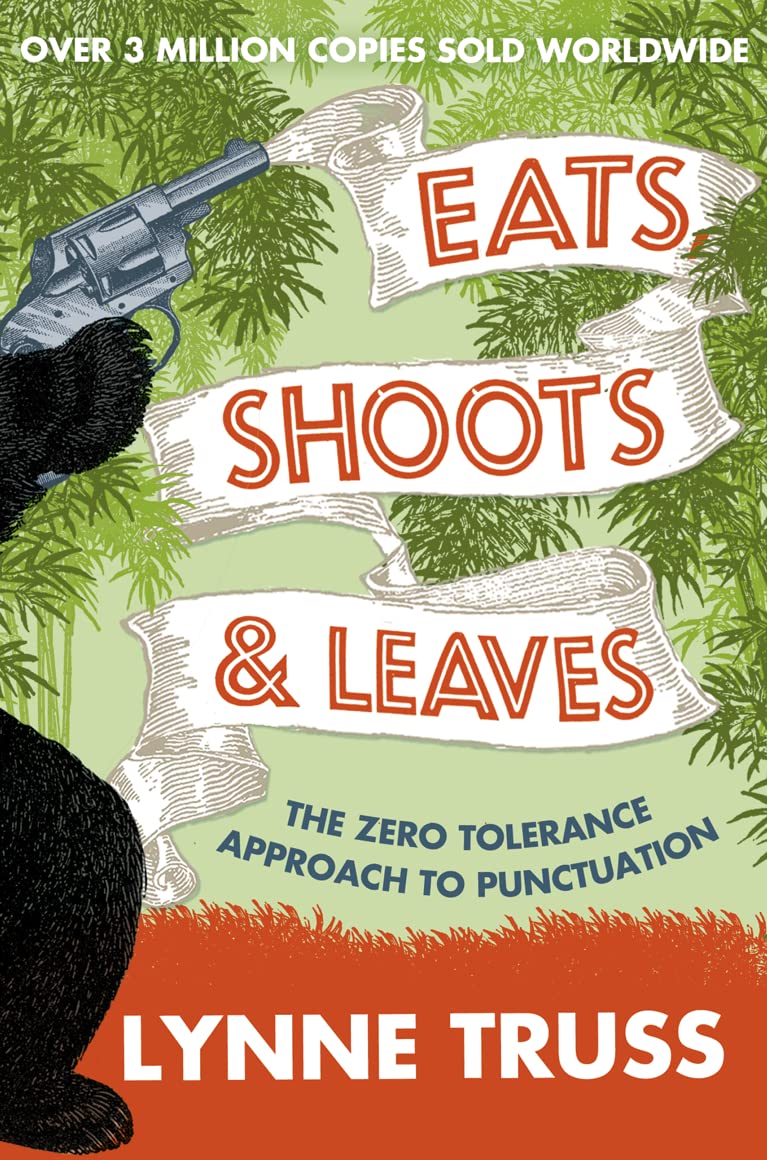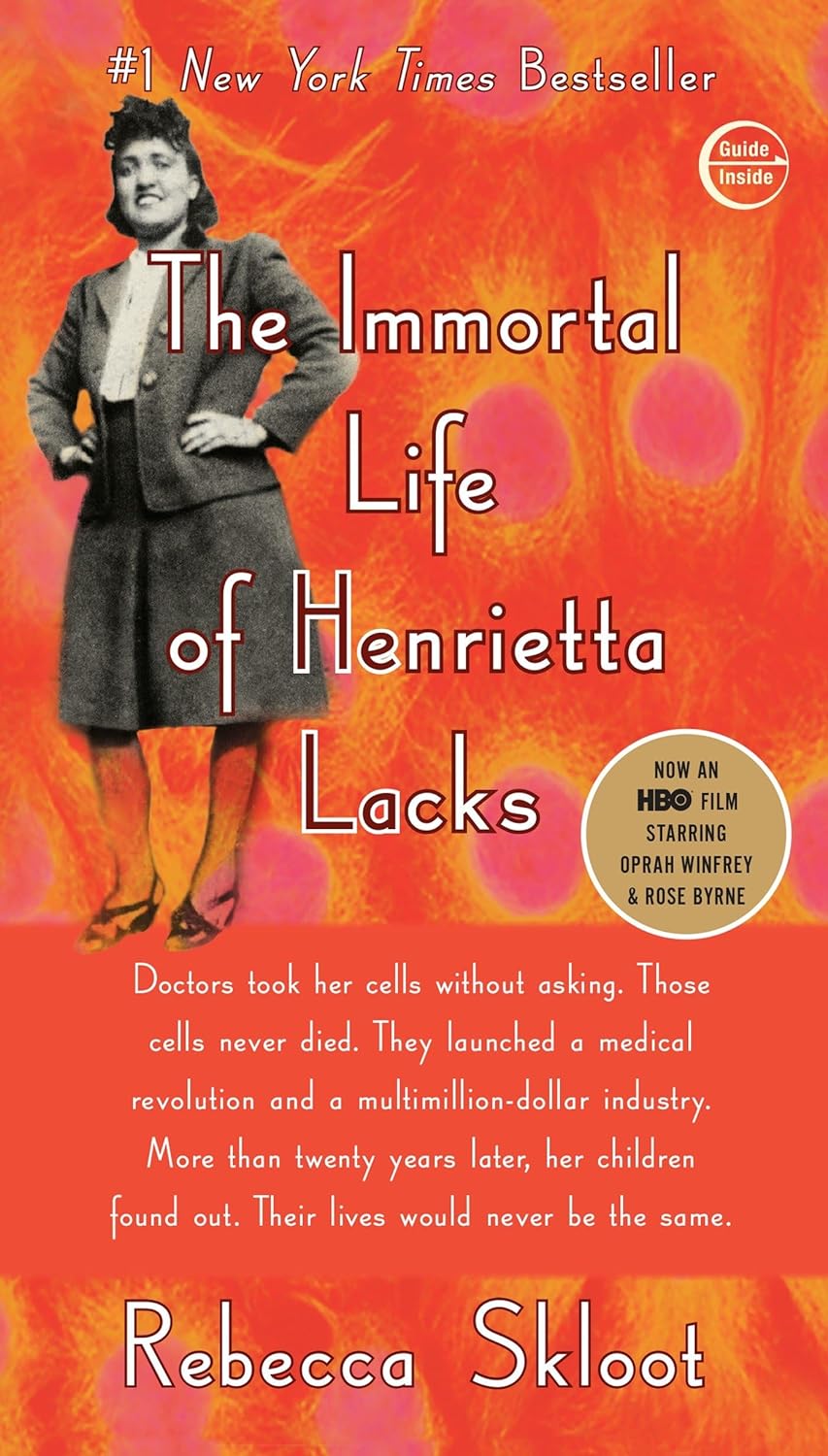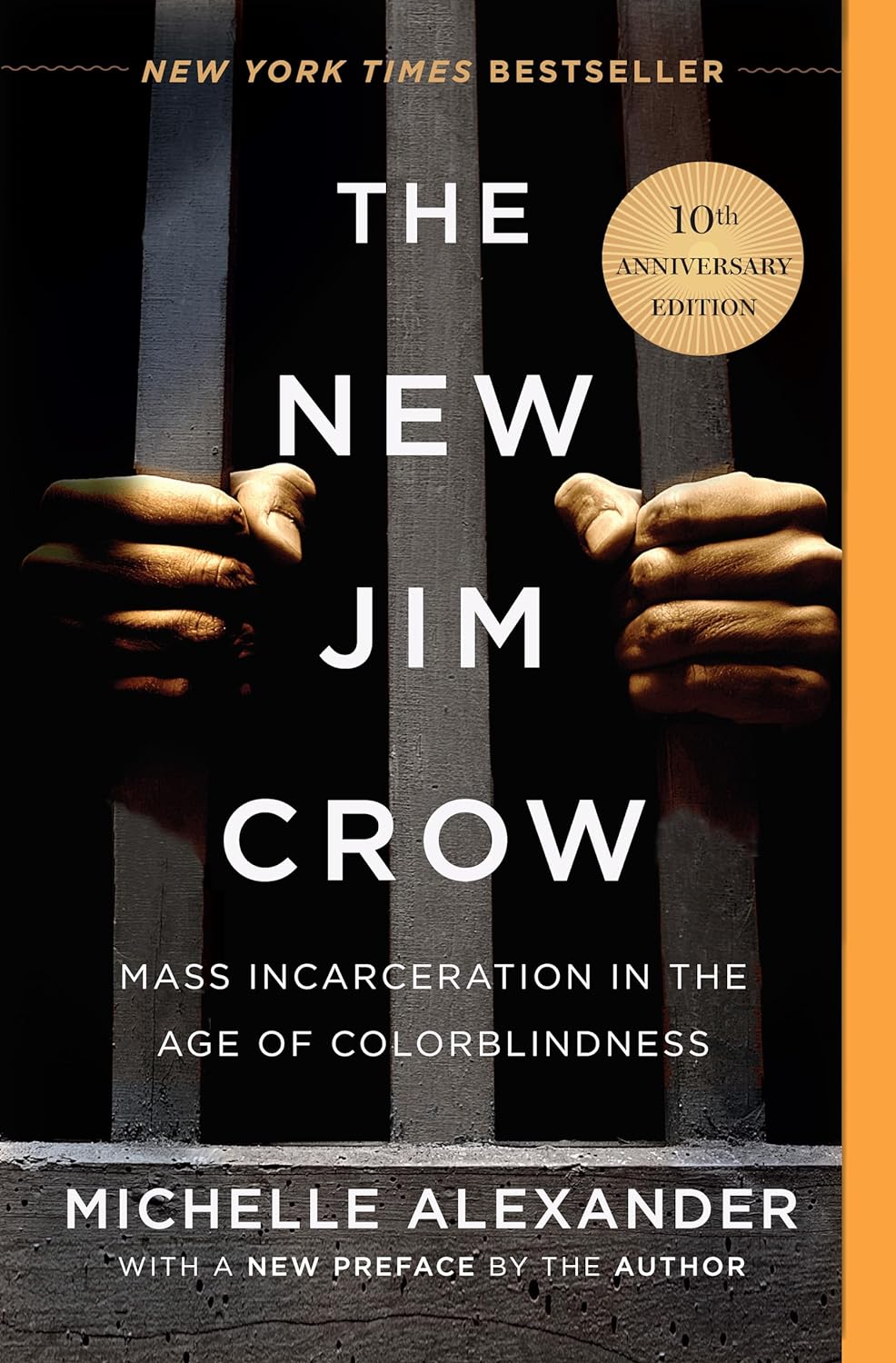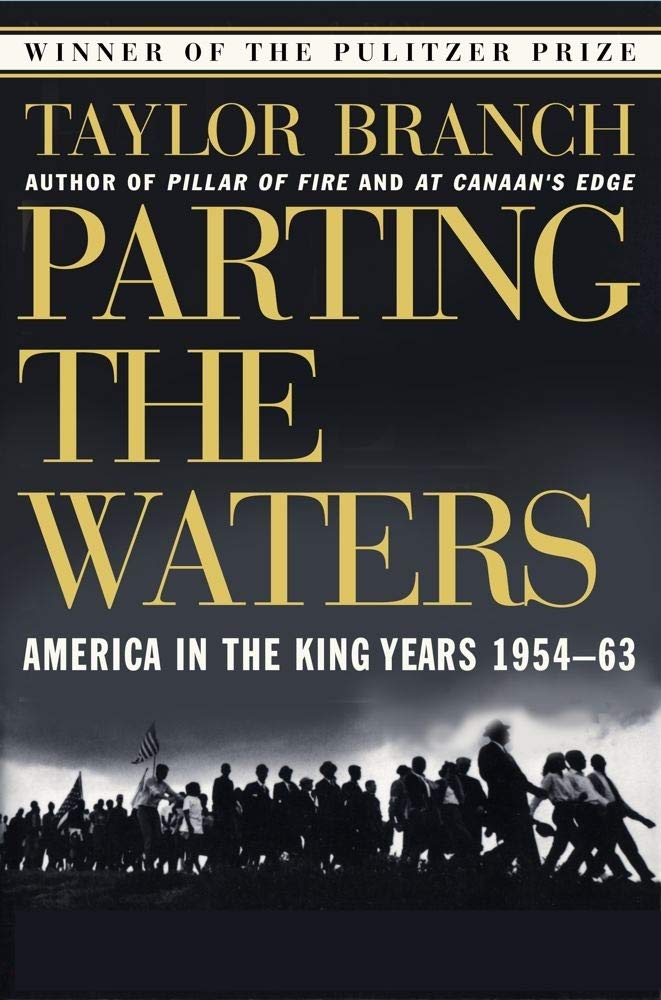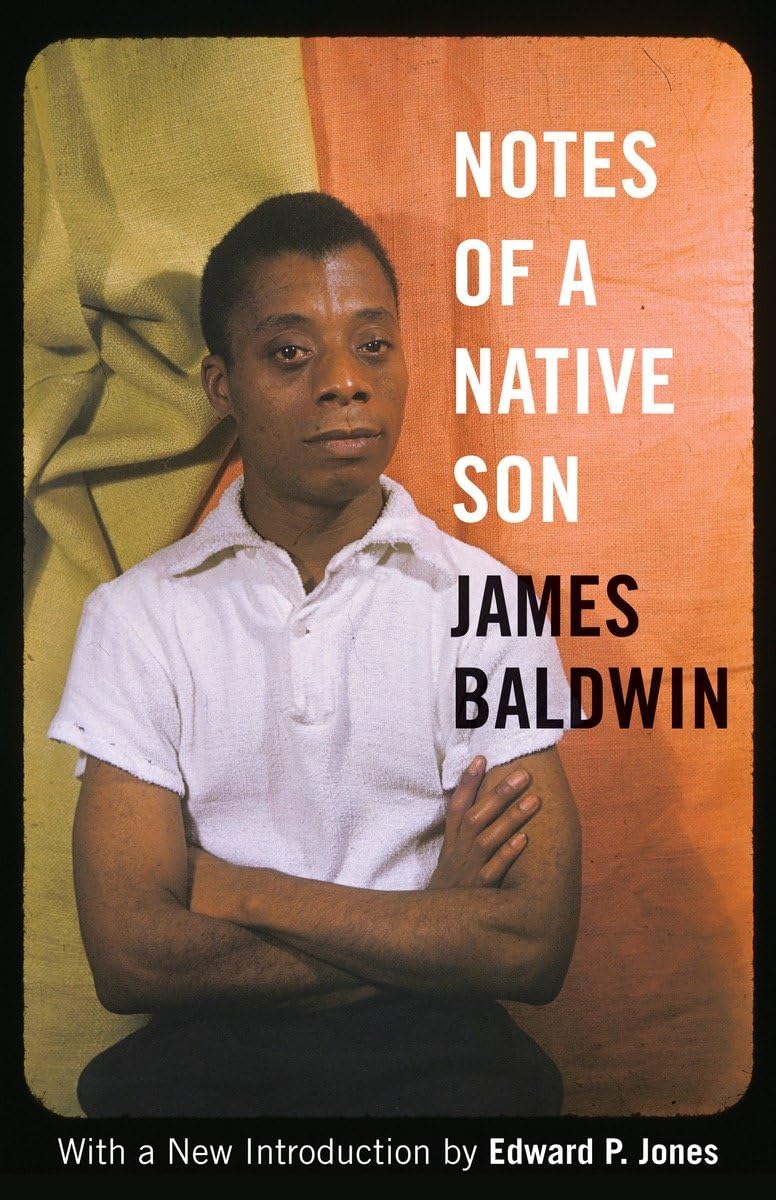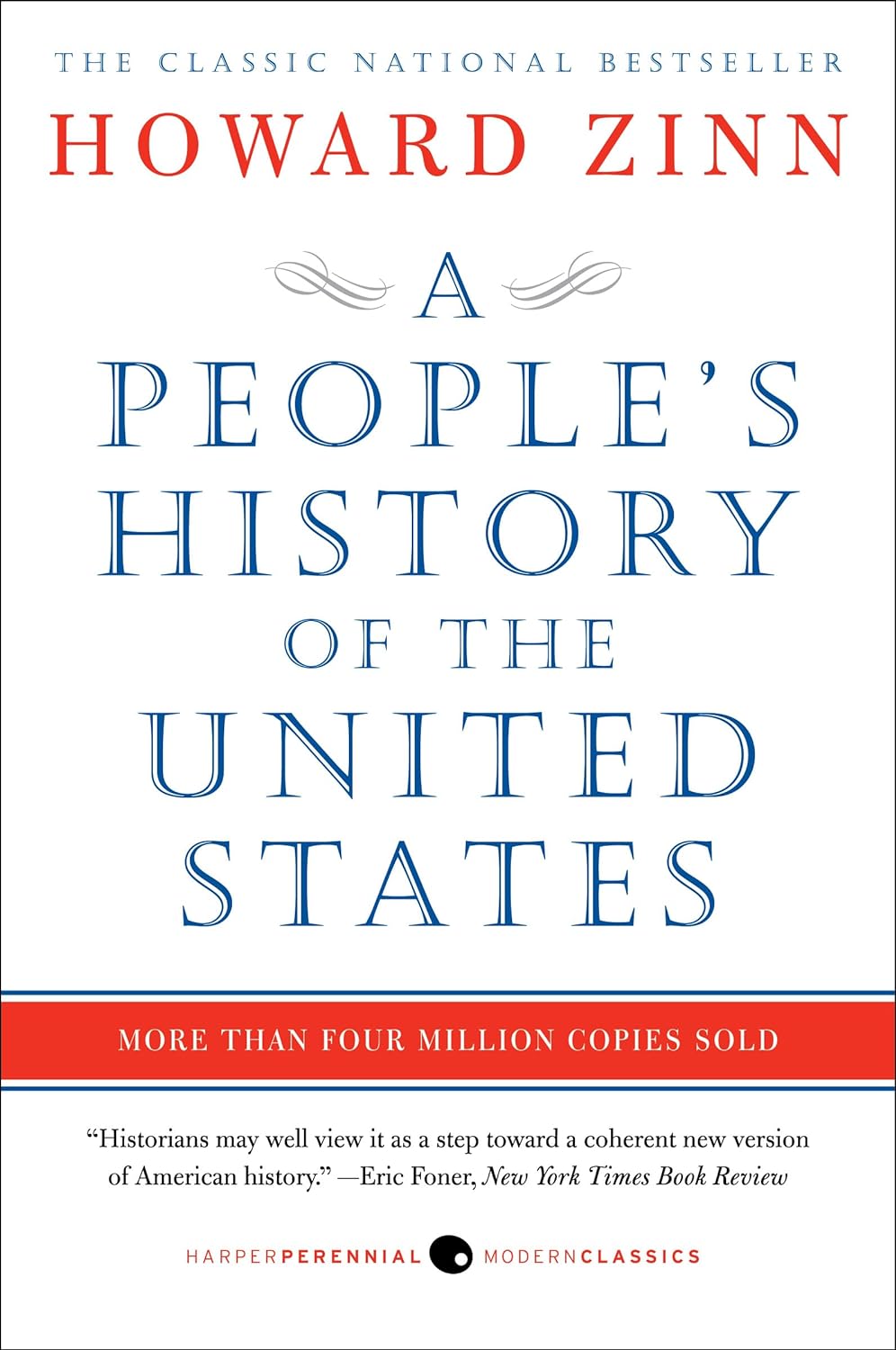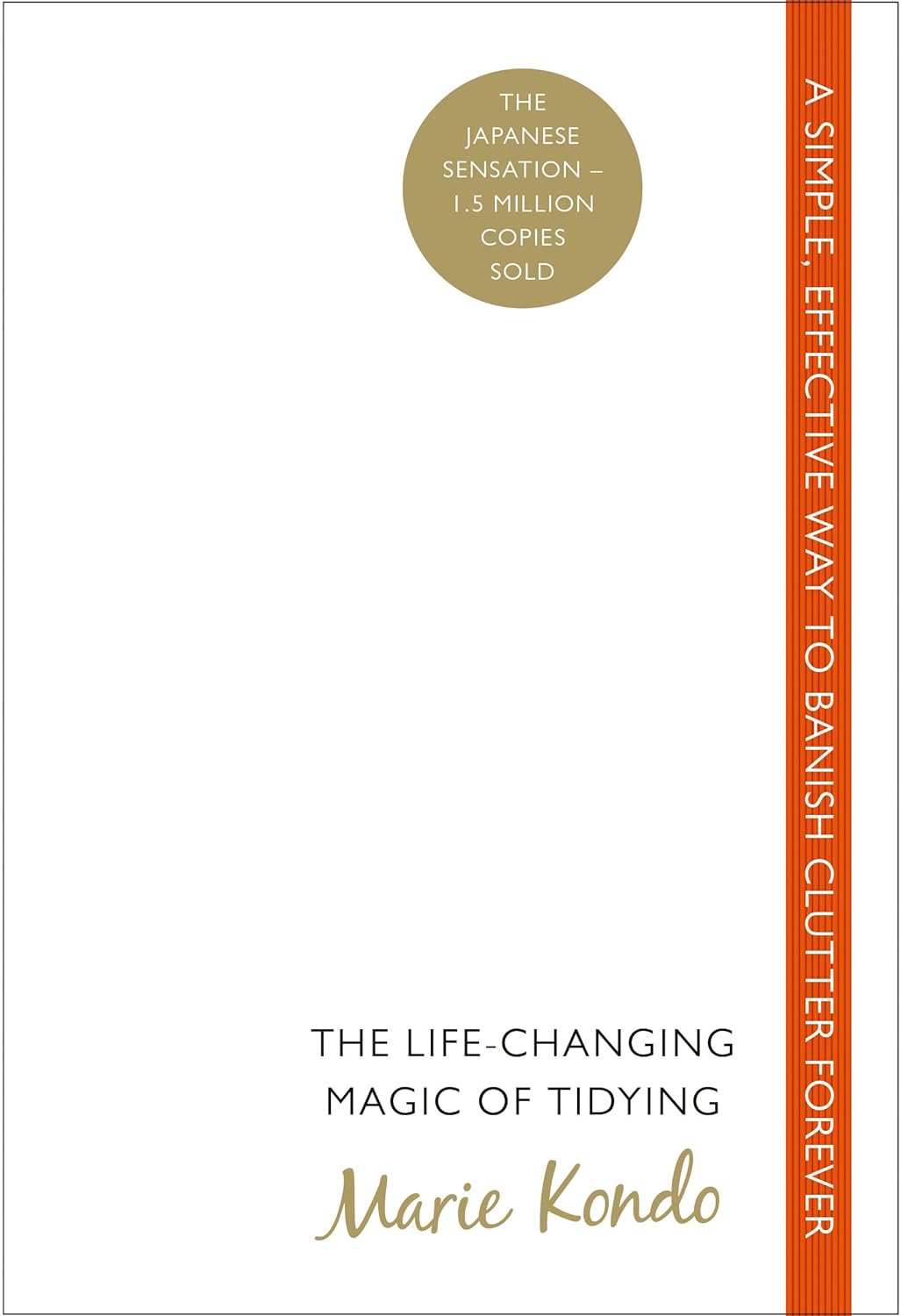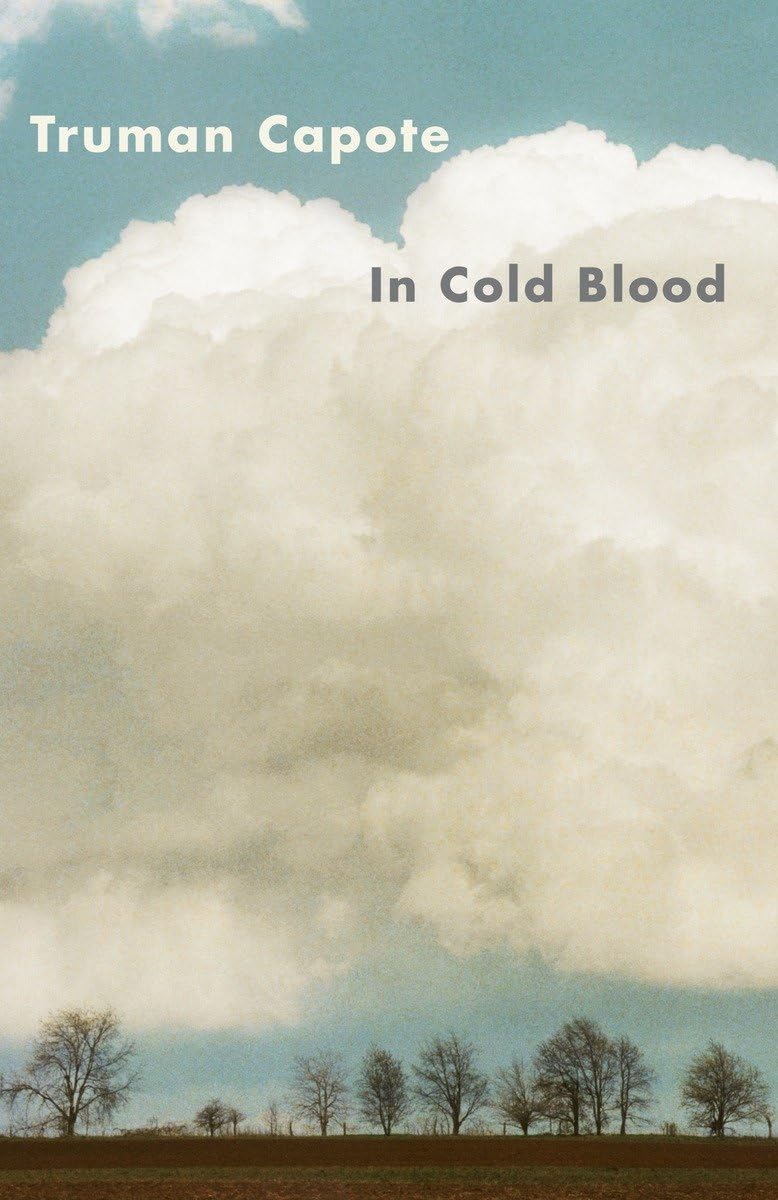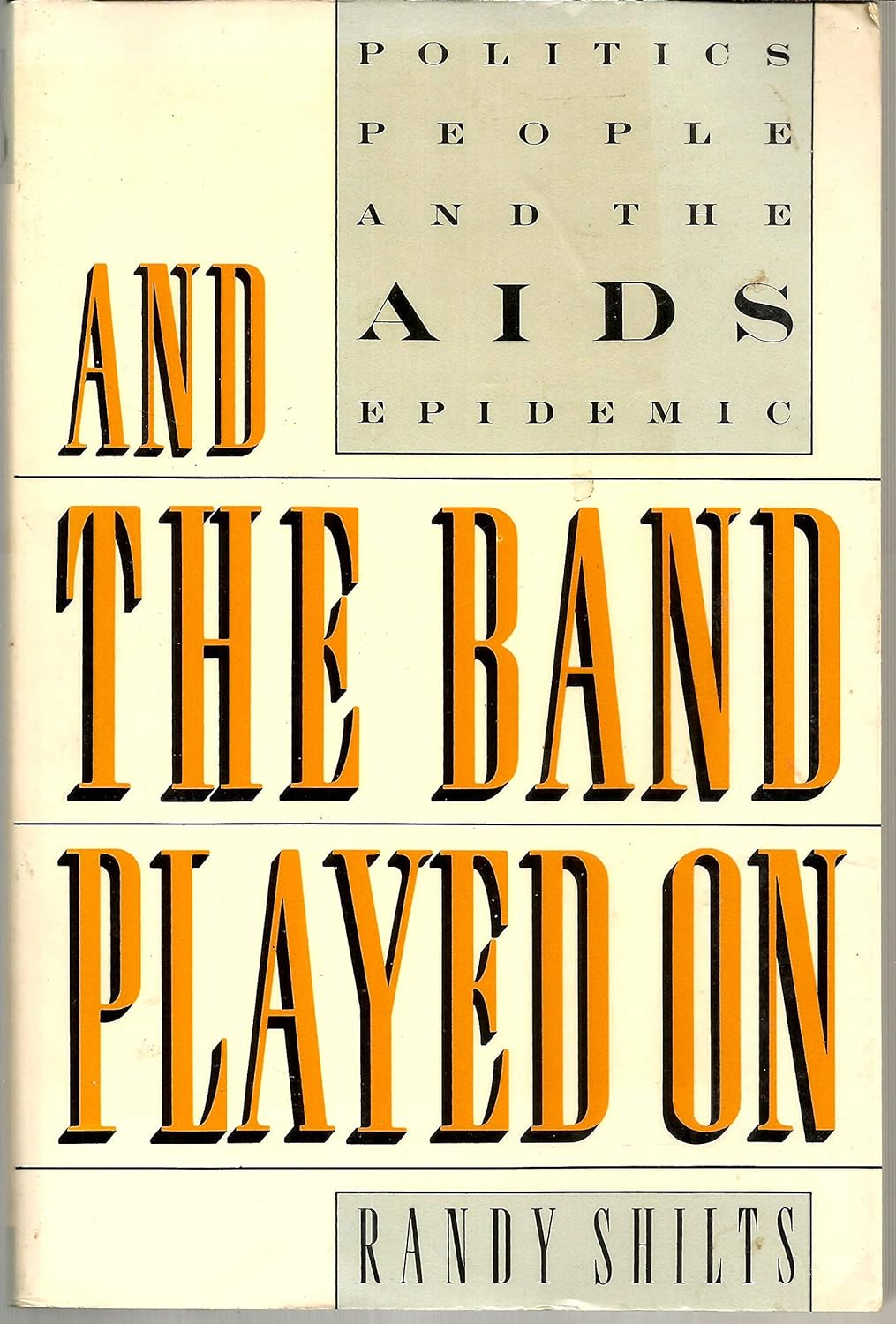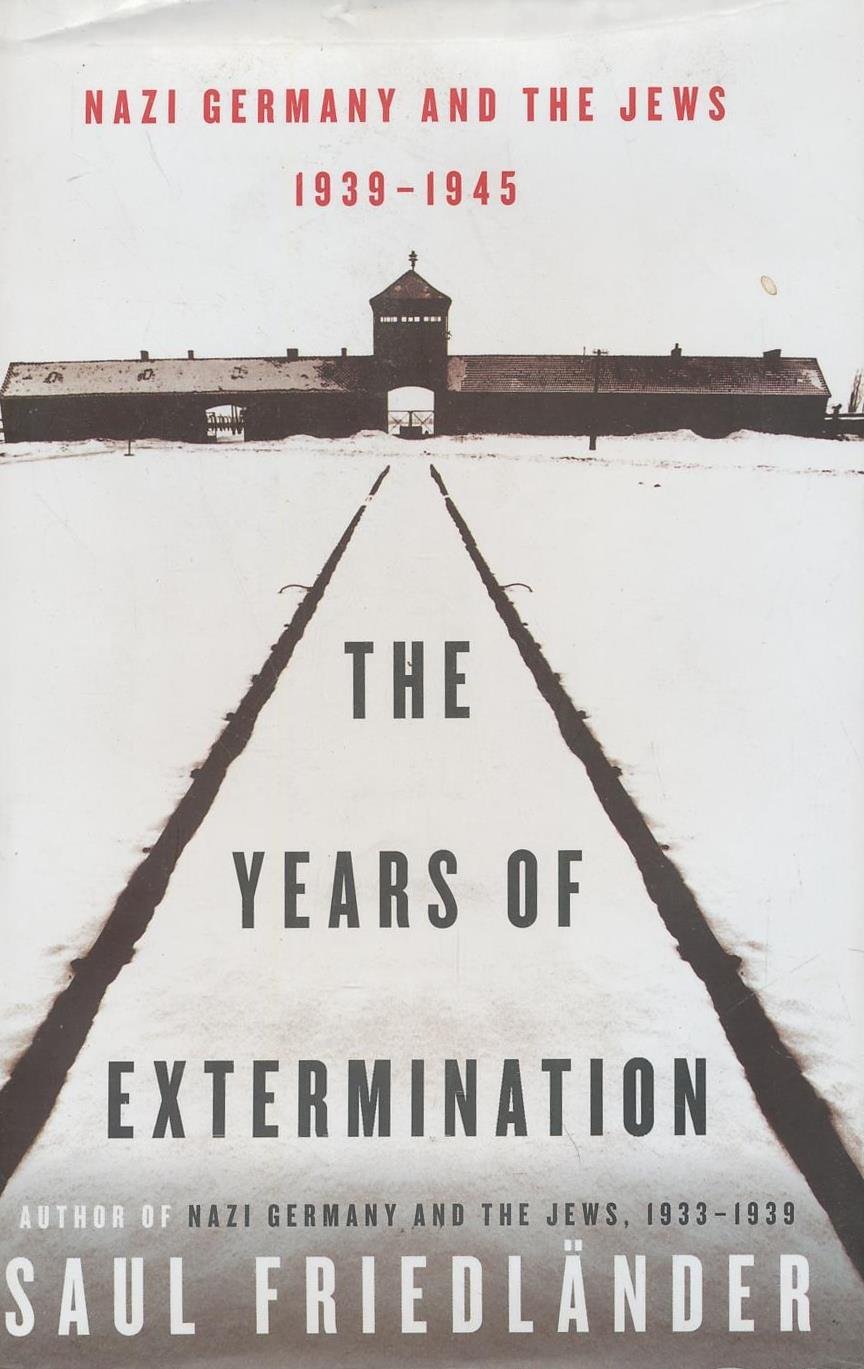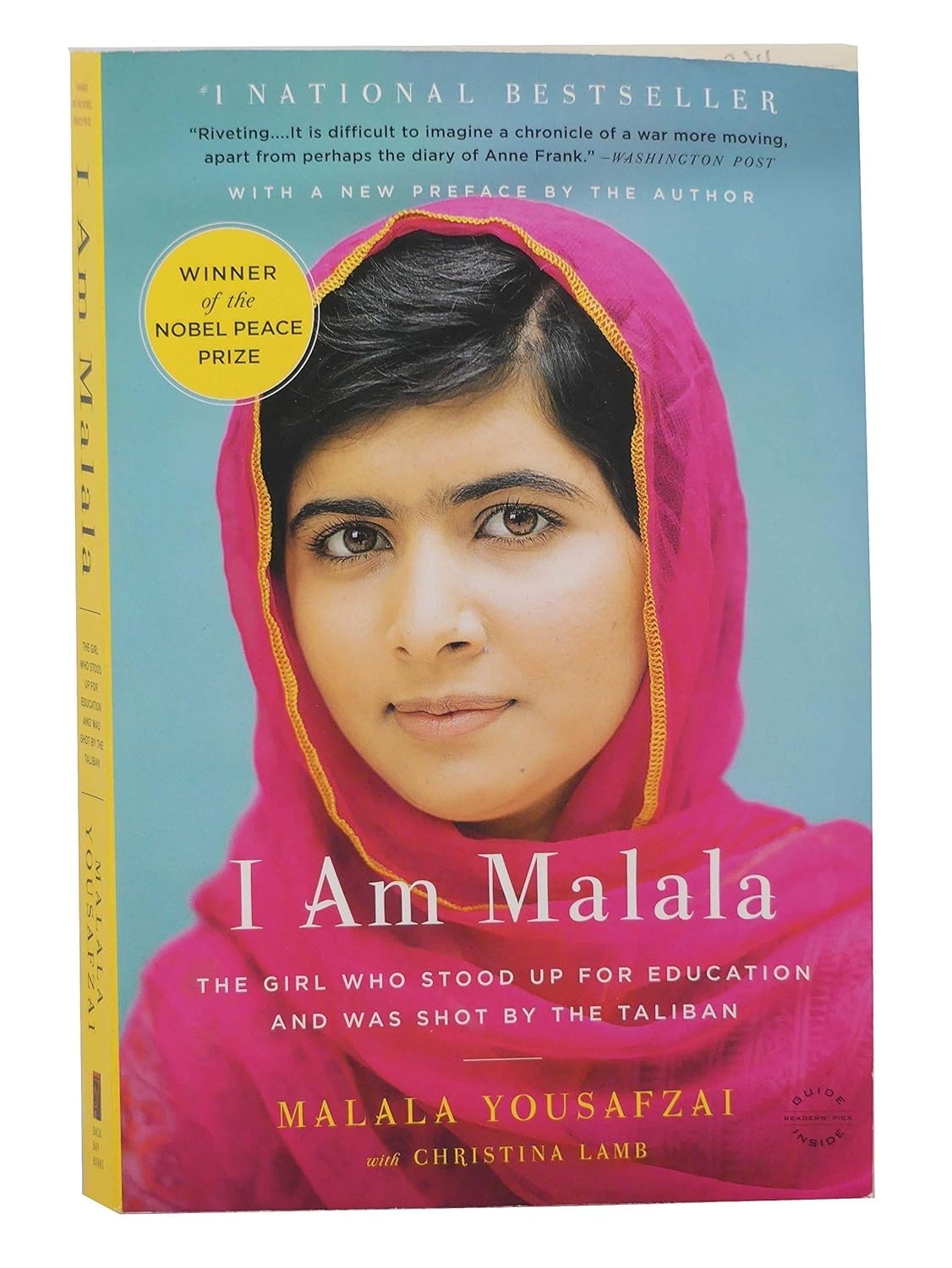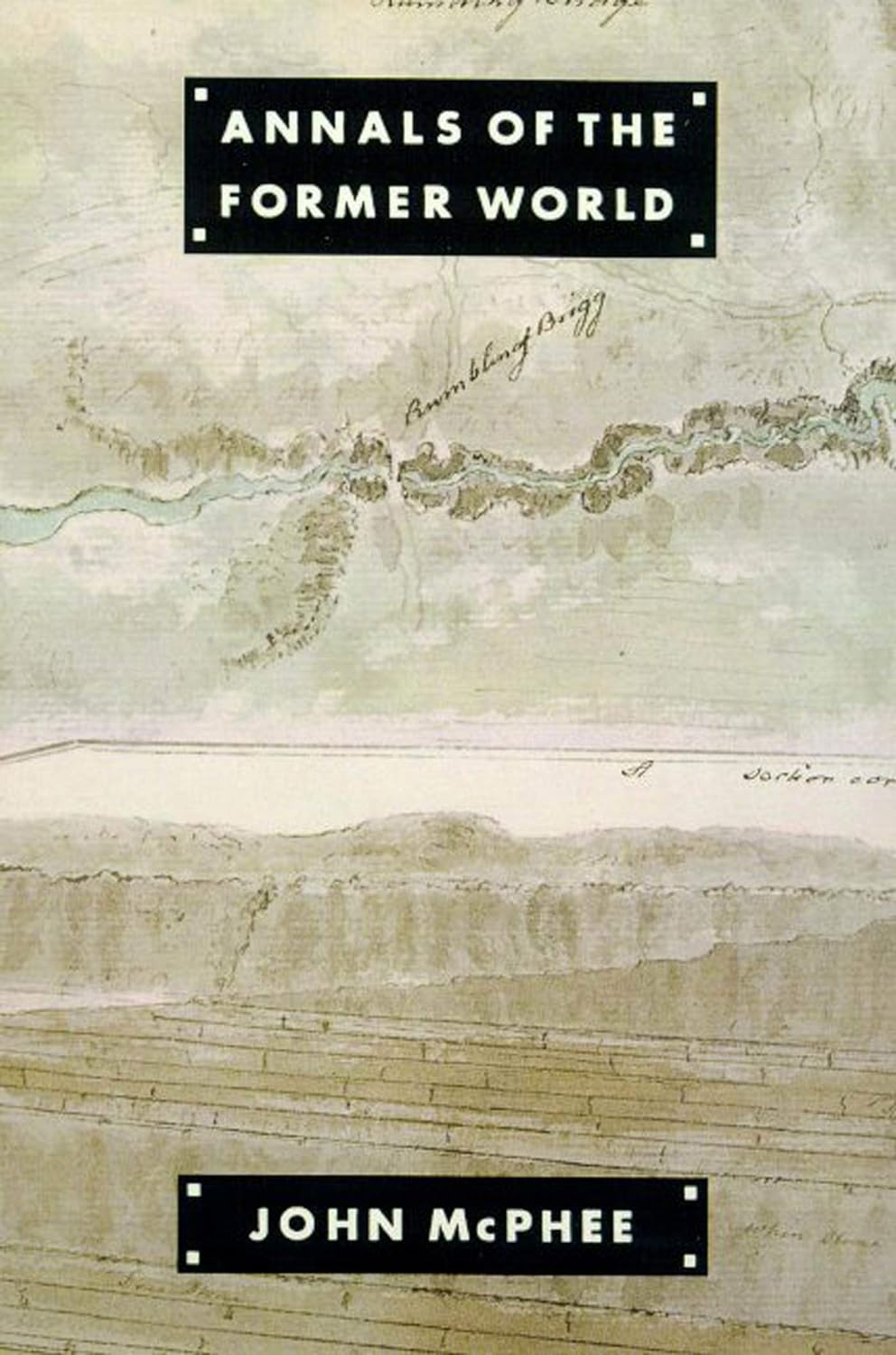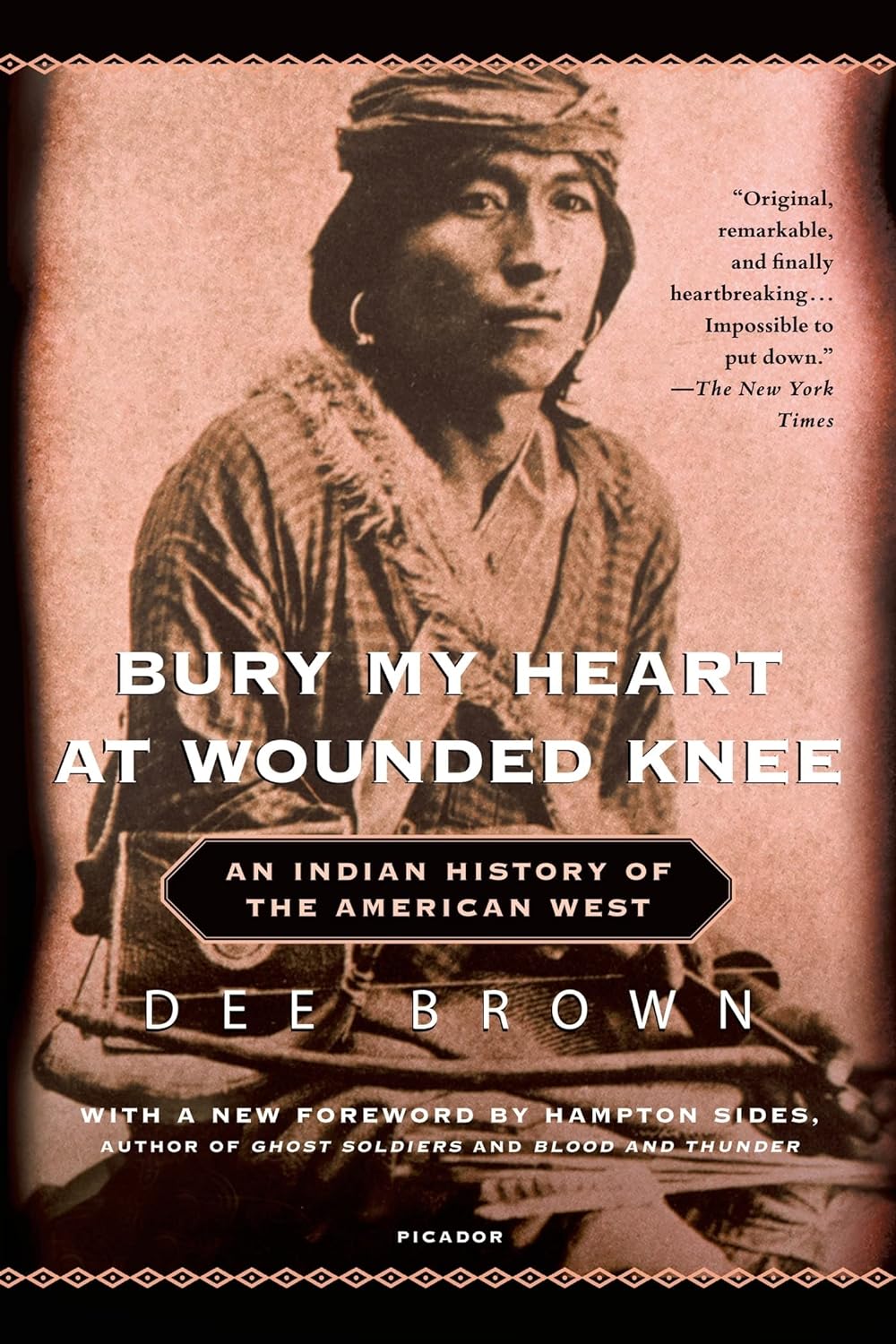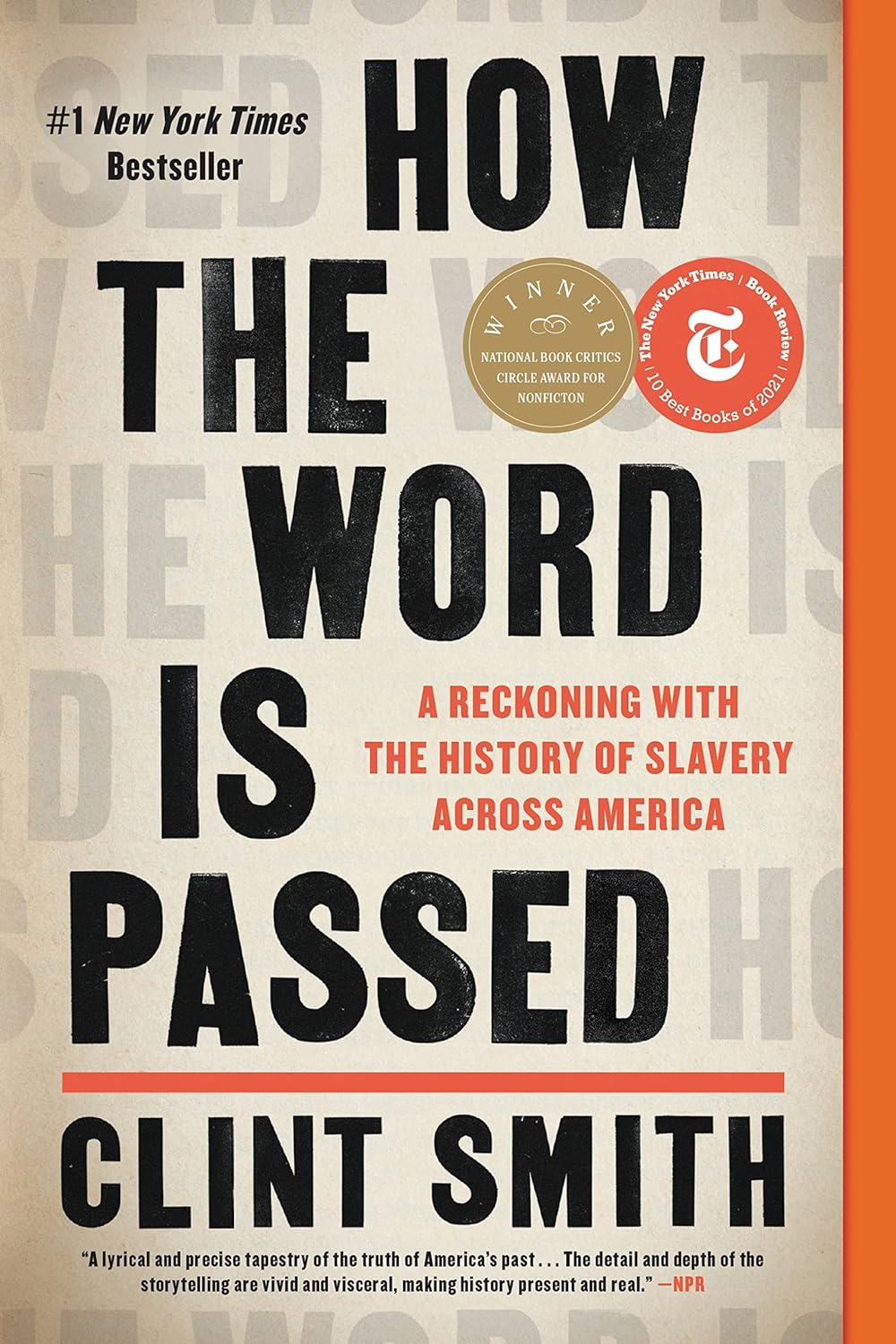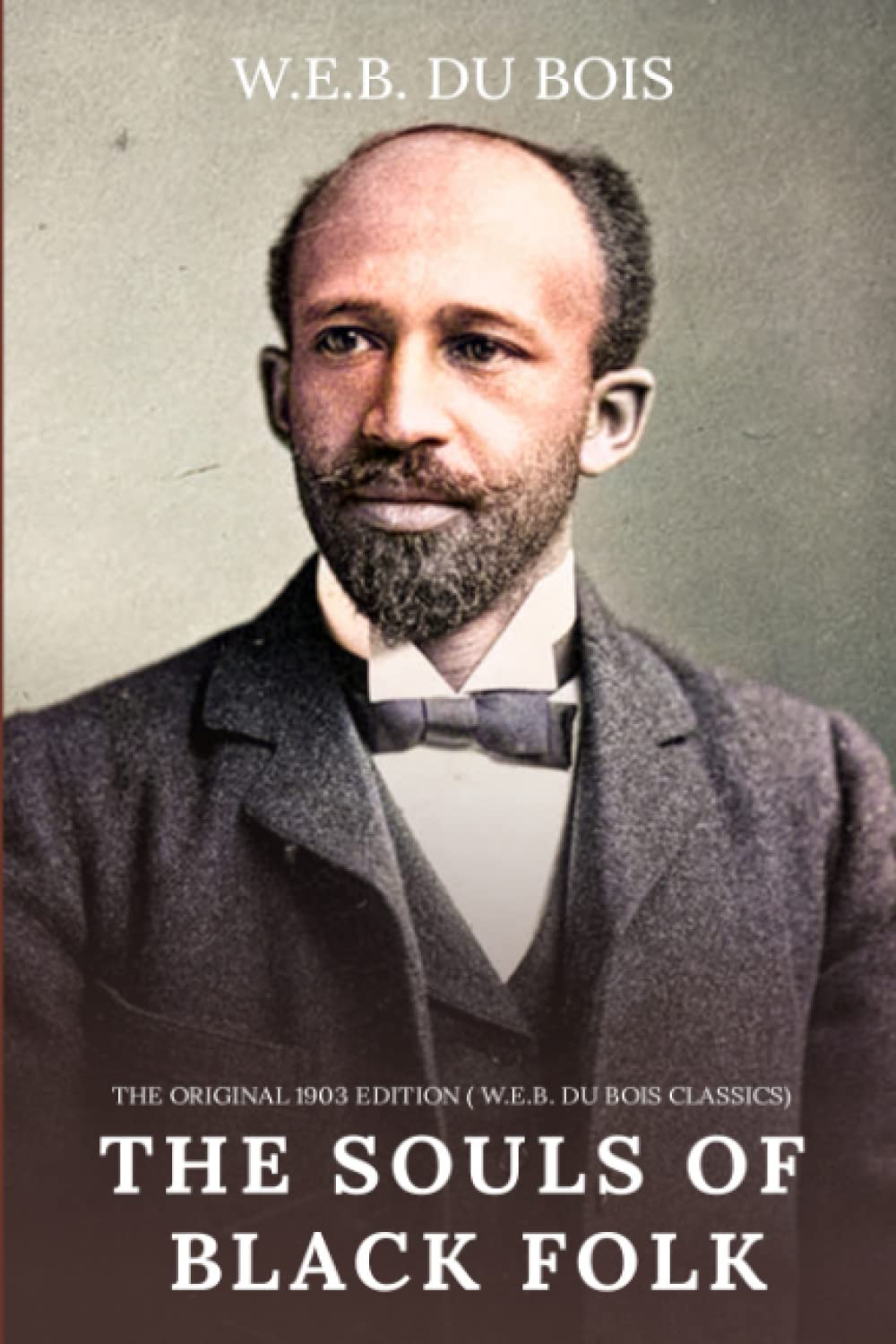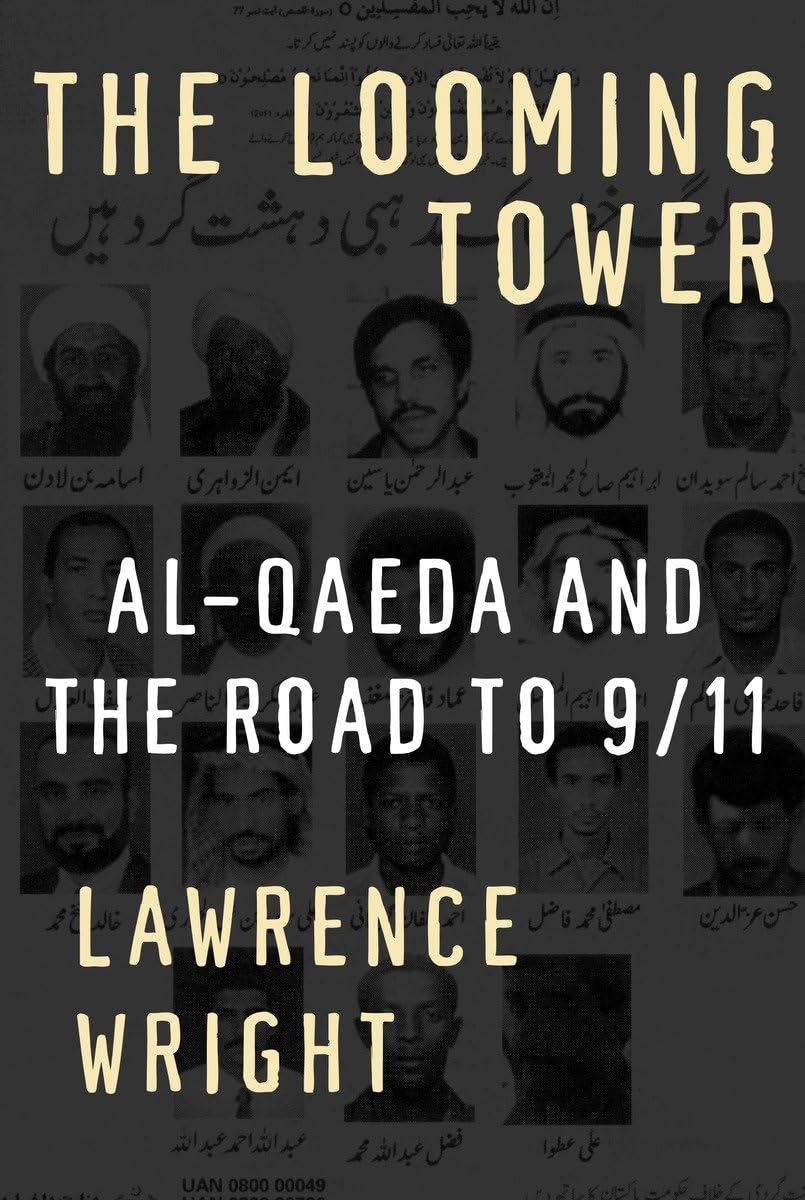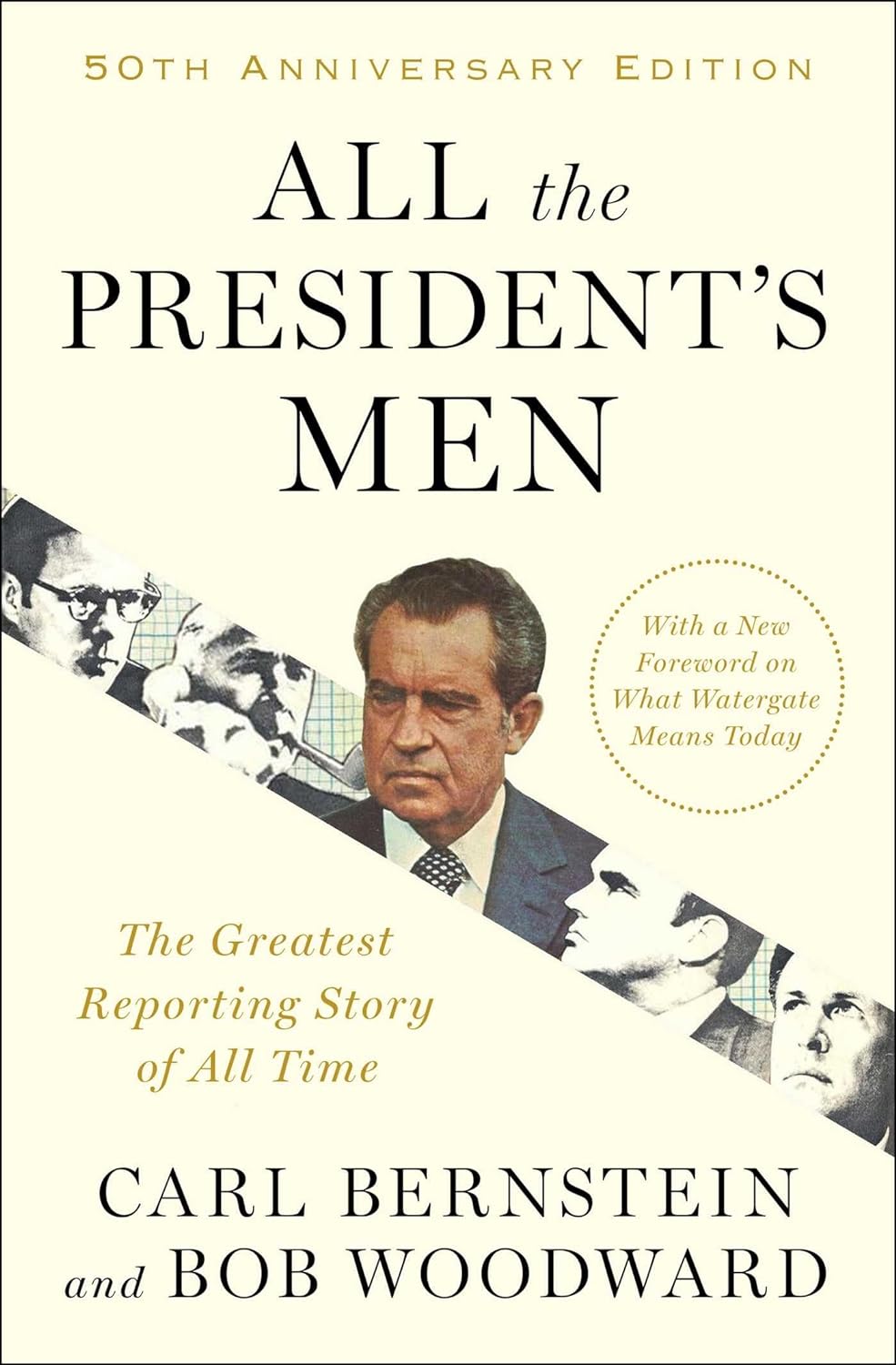Looking for a good read? Look no further than these best-selling nonfiction books, carefully selected by experts and editors to provide an enlightening and compelling experience. Whether you’re seeking education, entertainment, or a little of both, these books are sure to deliver.
With recommendations from a variety of retailers, including RD.com, you can trust that these books have been thoroughly vetted and are sure to provide an enjoyable and informative experience. So settle in with one of these beloved nonfiction titles and prepare to be captivated.
1. Freakonomics: Exploring the Hidden Side of Social Phenomena
Freakonomics, a best-selling book by Steven D. Levitt and Stephen J. Dubner published in 2005, has revolutionized the way people perceive social phenomena. The book examines various social and behavioral issues through an economic lens and provides answers to some of life’s pressing questions. The book’s popularity has led to the creation of a podcast and several other books, making it a cultural phenomenon.
The book explores everyday topics, including how to catch a cheater and why a new car’s value drops significantly once driven off the lot. With a humorous writing style, Dubner helps Levitt provide answers to these questions, making the information easily accessible to readers.
Freakonomics has gained a large following, including readers from the New York Times, who have asked Levitt for insights on various topics. Levitt’s answers have been sought after by people from all walks of life, including a Tour de France champion and the CIA.
2. Minor Feelings: An Asian American Reckoning by Cathy Park Hong (2020)
In her book, Cathy Park Hong delves into the Asian American experience and the “minor feelings” that are often dismissed in conversations about race and immigration. Hong, a Korean American essayist, uses a combination of memoir and cultural criticism to vividly portray the feelings of shame and depression that are common among Asian Americans.
The book was published just months after the outbreak of the novel coronavirus and the resulting surge of anti-Asian violence and othering. As such, it is an essential read for the current moment.
Minor Feelings has resonated with readers and has received several accolades, including being a New York Times bestseller, National Book Critics Circle Award winner, and Pulitzer Prize finalist. The book is set to be adapted into a TV series.
4. Nothing Ever Dies: Vietnam and the Memory of War by Viet Thanh Nguyen (2016)
Viet Thanh Nguyen, a Vietnamese-born American-raised novelist, argues that wars are fought twice, first on the battlefield and then in memory. The Vietnam War is known as the American War in Vietnam, highlighting how the war is remembered differently depending on where one is from.
In his book, “Nothing Ever Dies: Vietnam and the Memory of War,” Nguyen explores how the dead and the living are remembered and how history is written. This book was a finalist for both the National Book Critics Circle Award and the National Book Award, and it offers a thought-provoking perspective on the legacy of the Vietnam War.
5. Into Thin Air: A Personal Account of the Mt. Everest Disaster by Jon Krakauer (1997)
Krakauer’s book, “Into Thin Air,” is a gripping retelling of the tragic events that occurred during the 1996 Mount Everest expedition. The book is a personal account of Krakauer’s own experience as a journalist covering the expedition for Outside magazine. It explores the events that led to the deaths of five climbers and the aftermath of the disaster.
Krakauer’s writing style is clear and concise, making the book an engrossing read. He examines his own culpability in the disaster and provides insight into what went wrong. The book was a finalist for the Pulitzer Prize in 1998 and sold more than two million copies, becoming a number one national bestseller.
Krakauer’s book is considered one of the great adventure books of all time, according to the Wall Street Journal. It provides a fascinating look into the world of high-altitude mountaineering and the risks involved. Anyone interested in adventure, survival, and human endurance will find this book an enthralling read.
6. The Second Sex by Simone de Beauvoir (1949)
Simone de Beauvoir’s book, The Second Sex, published in 1949, is a seminal text that explores the treatment of women throughout history, particularly the imbalanced gender roles. Her research highlights the objectified status of women, their “otherness,” and their absolute identity only in relation to men.
While de Beauvoir acknowledges some differences between men and women, she does not provide a rationale for female inferiority. Her work remains relevant to modern Americans, who still grapple with issues of gender inequality. The Second Sex is a must-read feminist book for both women and men who seek a deeper understanding of gender issues.
8. The Feminine Mystique by Betty Friedan (1963)
Betty Friedan’s book, The Feminine Mystique, challenged the prevailing notion that women could only find fulfillment through homemaking and child-rearing. She argued that these beliefs limited women’s identities to the roles of “happy housewife” or “mother,” which ultimately kept them from pursuing intellectual and professional pursuits.
The book sparked second-wave feminism, which focused on issues of equality and discrimination. The Feminine Mystique was named as one of the Library of Congress’s Books That Shaped America and one of Time magazine’s 100 Best Books of All Time. Friedan’s work continues to be celebrated as a seminal text in the feminist movement.
9. Dog Flowers: A Memoir by Danielle Geller (2021)
In Dog Flowers, Danielle Geller shares her personal story of loss and discovery. The book combines images and text to tell the story of her mother’s death due to alcohol withdrawal and her own journey to learn more about her mother’s life.
Geller’s search leads her to a Navajo reservation, where she confronts her mother’s past and uncovers both hopeful and heartbreaking revelations. As a Native American author, Geller explores themes of addiction, family, and community in this moving memoir.
10. My Broken Language: A Memoir by Quiara Alegría Hudes (2022)
Quiara Alegría Hudes, the Pulitzer Prize-winning screenwriter behind the movie In the Heights, shares her struggles with identity in her memoir, My Broken Language. Through poetic language, Hudes tells the story of growing up with her Puerto Rican family in Philadelphia.
The book is a powerful addition to the collection of books written by Latinx authors. For those who enjoy nonfiction books that are vibrant and filled with poetic language, My Broken Language is a must-read.
11. The Emperor of All Maladies: A Biography of Cancer by Siddhartha Mukherjee (2010)
In “The Emperor of All Maladies: A Biography of Cancer,” Siddhartha Mukherjee provides a comprehensive account of cancer’s impact on human lives throughout history. The book delves into the victories, setbacks, and adversities that have been encountered in the fight against cancer.
Mukherjee, an oncologist and researcher, presents a thorough analysis of cancer’s “mind” in order to demystify and understand it. The book won the Pulitzer Prize in 2011 for its eloquent and personal inquiry into the disease.
It was also a finalist for the National Book Critics Circle Award and was the subject of a Ken Burns documentary on PBS. Ultimately, Mukherjee raises the question of whether cancer’s defeat is possible in the future.
12. Eats, Shoots, and Leaves: The Zero-Tolerance Approach to Punctuation by Lynne Truss (2003)
Lynne Truss’s book, “Eats, Shoots, and Leaves: The Zero-Tolerance Approach to Punctuation,” is a humorous and historical declaration that proper punctuation is crucial for conveying meaning accurately. The title of the book derives from a joke about a panda that eats shoots and leaves, which, with a misplaced comma, can be misunderstood.
Truss argues that without proper punctuation, there is no reliable way of conveying meaning. Although we do not speak in commas, em dashes, and semicolons, proper punctuation instructs us how to read, similar to how sheet music instructs a musician how to play a song properly.
The book has earned a spot among the best nonfiction books and is a must-read for grammar enthusiasts and those who need help in that area. The book’s content is not just about the rules of grammar, but it also provides a historical perspective on punctuation and how it has evolved over time.
13. The Immortal Life of Henrietta Lacks by Rebecca Skloot (2010)
Rebecca Skloot’s book, “The Immortal Life of Henrietta Lacks,” sheds light on the story of Henrietta Lacks, a Black woman whose cancer cells were taken without her knowledge or consent in 1951. These cells, known as HeLa, have been used in countless medical experiments and have played a significant role in advancing medicine. However, the book also explores the ethical concerns surrounding the use of Lacks’ cells and the exploitation of Black Americans in medical research.
Skloot’s book delves into the history of medical experimentation on Black Americans and the consequences of medical theft on Lacks’ family. The book also highlights the importance of informed consent and the need for greater transparency in medical research.
“The Immortal Life of Henrietta Lacks” has been widely praised for its engaging and informative style, and its impact on discussions around medical ethics and racial justice. The book has been a bestseller and has won numerous awards, including the National Academies Communication Award and the Wellcome Trust Book Prize.
14. The New Jim Crow: Mass Incarceration in the Age of Colorblindness by Michelle Alexander (2010)
Michelle Alexander’s book, The New Jim Crow, is an award-winning bestseller that explores the racial control embedded in the U.S. justice system. The book argues that the mass incarceration of people of color is a form of institutional racism that devastates communities of color.
Alexander contends that while it is no longer legal to discriminate based on race, the criminal justice system is used to label people of color as criminals, making it “perfectly legal” to discriminate against them. The book’s 10th-anniversary edition includes an update from the author that examines the current state of criminal justice reform.
The New Jim Crow has been recognized as one of the best books of the 21st century by Slate and the Chronicle of Higher Education and won the NAACP Image Award in 2011. The book’s impact has also inspired the Marshall Project, a nonprofit news organization dedicated to the U.S. criminal justice system.
15. Parting the Waters: America in the King Years, 1954–63 by Taylor Branch (1988)
Parting the Waters is the first volume of a trilogy by Taylor Branch, which chronicles the life of Martin Luther King Jr. and the Civil Rights Movement in the United States. The book starts with the landmark Supreme Court case of Brown v. Board of Education in 1954 and ends with the assassination of President John F. Kennedy in 1963.
Branch goes beyond the biography of King and provides a comprehensive history of the Civil Rights Movement. The book profiles the significant figures of the movement such as Rosa Parks, Medgar Evers, and J. Edgar Hoover. It also covers the crucial events that shaped the movement, including the Freedom Rides, King’s “I Have a Dream” speech, and the bombing of the Birmingham Baptist church.
Parting the Waters provides a detailed account of the Civil Rights Movement’s early years, illustrating how the movement’s leaders and followers worked together to fight for their rights. The book remains relevant today, as it sheds light on the ongoing struggle for racial equality.
16. Notes of a Native Son by James Baldwin (1955)
Notes of a Native Son is a collection of essays by James Baldwin that explores the experiences of being Black in America. The essays, which were originally published in the 1940s and 1950s, offer a glimpse into Baldwin’s life in both Harlem and Europe. Despite being written at the beginning of the Civil Rights Movement, Baldwin’s observations are still relevant today.
The book has been recognized by The Guardian and Time as one of the best nonfiction books of all time. Baldwin is considered one of the leading interpreters of the social changes that occurred in the United States during the 20th century, and his insights have been described as prophetic.
17. A People’s History of the United States by Howard Zinn (1980)
A People’s History of the United States is a book that presents a different perspective on American history. Howard Zinn challenges the traditional narrative of the United States as a nation built by heroic figures and instead tells the stories of the underdogs.
The book covers the experiences of Native Americans, enslaved people, laborers, immigrants, and women. It starts with the arrival of Columbus and ends with President Clinton’s first term in office. A finalist for the National Book Award, the book has sold nearly five million copies since its publication and is considered essential reading for every American.
18. The Life-Changing Magic of Tidying Up: The Japanese Art of Decluttering and Organizing by Marie Kondo (2010)
The Life-Changing Magic of Tidying Up by Marie Kondo is a self-help book that has taken the world by storm. Published in 2010, it offers a revolutionary approach to decluttering and organizing. The book has inspired a global movement, encouraging people to prioritize their possessions and live a more meaningful life.
Kondo’s philosophy is based on the Japanese art of decluttering, which emphasizes the importance of keeping only items that “spark joy.” The book’s groundbreaking simplicity has made it a bestseller, and it has been praised for its practical advice and transformative impact.
19. In Cold Blood by Truman Capote (1965)
Truman Capote’s In Cold Blood is a true crime book that depicts the brutal murder of the Clutter family in the 1950s. The book is a genre-breaking “nonfiction novel” and is considered an essential read for true crime enthusiasts. Capote’s narrative not only retells the factual events of the murder but also captures the emotional turmoil experienced by the residents of the small Kansas town where the murders occurred. The author also presents empathy for the two perpetrators and their motives.
Capote’s work is an example of the New Journalism genre, which is a form of literary nonfiction. The book was originally serialized in The New Yorker and was nominated for the Pulitzer Prize in 1966. In Cold Blood was later adapted into a movie of the same name.
20. And the Band Played On: Politics, People, and the AIDS Epidemic by Randy Shilts (1987)
Randy Shilts’ book “And the Band Played On” is a disturbing account of the early days of the AIDS epidemic and how it was allowed to spread unchecked, with no regard for public health. The book provides a thoroughly researched and compelling narrative of the discovery of the disease, patient zero, and the race to tame this looming threat. Shilts’ book is a finalist for the National Book Critics Circle Award and an international bestseller.
The book highlights the tragic irony that by the time America paid attention, it was already too late. Shilts’ account of the virus and its impact on American culture is eerily reminiscent of the current pandemic. The book is a stark reminder of the importance of public health and the need for swift action in the face of emerging threats.
21. The Years of Extermination: Nazi Germany and the Jews, 1939–1945 by Saul Friedländer (2007)
Saul Friedländer’s The Years of Extermination: Nazi Germany and the Jews, 1939–1945 serves as a follow-up to his Pulitzer Prize-winning volume, Nazi Germany and the Jews: Volume 1. Together, the two books offer a comprehensive historical account of Nazi Germany’s persecution and extermination of Europe’s Jews.
Friedländer’s second volume weaves together historical accounts of the war and hundreds of witness testimonies, diary entries, letters, and postwar trial transcripts. He lays the blame for the atrocities squarely on the shoulders of Adolf Hitler, while also touching on those who served him, as well as the countries and leaders who resisted or remained silent.
The book is a sweeping account of the Holocaust that reads like a novel, but it delves deep into the heart of this dark subject. It is widely regarded as the standard work on Nazi Germany’s mass murder of Europe’s Jews, according to the New York Times.
22. I Am Malala: The Girl Who Stood Up for Education and Was Shot by the Taliban by Malala Yousafzai (2013)
“I Am Malala” is an inspiring autobiography by Malala Yousafzai, a Nobel Peace Prize-winning activist who stood up for education and women’s rights in Pakistan. The book chronicles her life from childhood to the day she was shot by the Taliban. Malala’s story is a must-read for book lovers of all ages, especially empowering for teens.
The book is available in a young readers’ version aimed at teens and tweens, as well as a chapter book edition for even younger readers. With her powerful voice, Malala encourages readers to stand up for what they believe in and fight for their rights.
23. Annals of the Former World by John McPhee (1998)
Annals of the Former World is a Pulitzer Prize-winning book that compiles four previously published works and includes 20,000 new words. In this book, John McPhee takes readers on a journey across the United States at about the 40th parallel, accompanied by geologists.
The book provides an unparalleled geology primer of North America, covering topics such as plate tectonics, different geologic eras, and the tensions between geological discovery and environmental preservation. McPhee also introduces readers to the geologists themselves, making the book a sweeping narrative as vast as the topic it covers. The book is a must-read for anyone interested in geology and the history of the earth.
24. Bury My Heart at Wounded Knee: An Indian History of the American West by Dee Brown (1970)
Bury My Heart at Wounded Knee by Dee Brown was published in 1970 and is a heart-wrenching account of the Native American tribes’ struggles in the American West. Brown used council records and first-hand accounts from chiefs and warriors to describe the massacres and broken treaties that Native Americans endured. Through his work, Brown reveals how the U.S. government lied and manipulated to take Native lands, and emphasizes that Native Americans are anything but the “savages” depicted in Westerns.
The book was published shortly after the My Lai massacre in Vietnam, and it brought home the “dark roots of American arrogance.” The New York Times called it “impossible to put down,” and it has sold nearly five million copies. Time named it one of the 100 best books of all time.
After seeing the ongoing struggle for sovereignty play out in the fight against the Line 3 pipeline, which would cut through tribal lands, this book is as important as ever. It is a powerful reminder of the atrocities committed against Native Americans in the name of progress and expansion.
25. How the Word Is Passed by Clint Smith (2021)
In his book, “How the Word Is Passed”, Clint Smith explores the deep-rooted legacy of slavery in the United States. The book, which has been named as one of the best nonfiction books of 2021 by Time and The New York Times, delves into various monuments, locations, and neighborhoods that have ties to American slavery.
Smith provides a frank account of how slavery has become intertwined with American history and how it still affects American society today. Through his work, he urges readers to acknowledge and confront the country’s past, and to use that knowledge to move forward and create a better future.
26. The Souls of Black Folk by W.E.B. Du Bois (1903)
In “The Souls of Black Folk,” W.E.B. Du Bois, a civil rights activist and sociologist, delves into the experiences of Black Americans living under the Jim Crow laws of the post-Reconstruction era. Du Bois highlights the “color line” which dictated where Black Americans could sit on trains and which water fountains they could use.
He also introduces the concept of “double consciousness,” which refers to the idea that Black Americans must be aware of how their community views them and how White America sees them. This double standard creates a unique burden for Black Americans, and Du Bois explores how they cope with this in their daily lives.
The text remains relevant today, as it provides a critical insight into the experiences of Black Americans and the ongoing struggle for racial equality.
27. The Looming Tower: Al-Qaeda and the Road to 9/11 by Lawrence Wright (2006)
Lawrence Wright’s Pulitzer-winning book, “The Looming Tower: Al-Qaeda and the Road to 9/11,” provides a comprehensive account of the events leading up to the September 11 attacks. The book delves into the growth of Islamic fundamentalism, the rise of al-Qaeda, and the role of Osama bin Laden in the organization.
Wright also discusses the failures of our own intelligence agencies in preventing the attacks. The book was a finalist for the National Book Award and has been named one of Time magazine’s best books of all time. It has also been adapted into a Hulu television series.
28. All the President’s Men: The Greatest Reporting Story of All Time by Carl Bernstein and Bob Woodward (1974)
The book “All the President’s Men” is a fascinating account of the Watergate scandal and the role of President Nixon in it. Written by Carl Bernstein and Bob Woodward, both reporters for the Washington Post, this book won the Pulitzer Prize in journalism in 1973. It is considered one of Time magazine’s 100 best nonfiction books of all time.
The book goes beyond the headlines and introduces readers to the “Deep Throat” informant and other behind-the-scenes aspects of their investigative journalism. The 40th-anniversary edition includes an afterword on the legacy of Watergate, which is as pressing in our current political climate as ever. This book is part detective story, part political thriller, and has inspired a generation of journalists.
Summary
The world of nonfiction books is vast and varied, covering topics from history and science to personal development and memoirs. In this article, the best nonfiction books have been carefully curated to provide readers with a diverse range of options.
From the thought-provoking and insightful “Sapiens” by Yuval Noah Harari to the inspiring and motivational “The 7 Habits of Highly Effective People” by Stephen Covey, this list has something for everyone. Other notable titles include “The Immortal Life of Henrietta Lacks” by Rebecca Skloot and “Into Thin Air” by Jon Krakauer. Whether you’re looking to expand your knowledge or simply enjoy a good read, these books are sure to satisfy.
